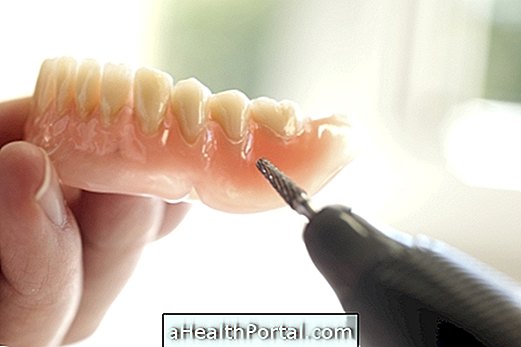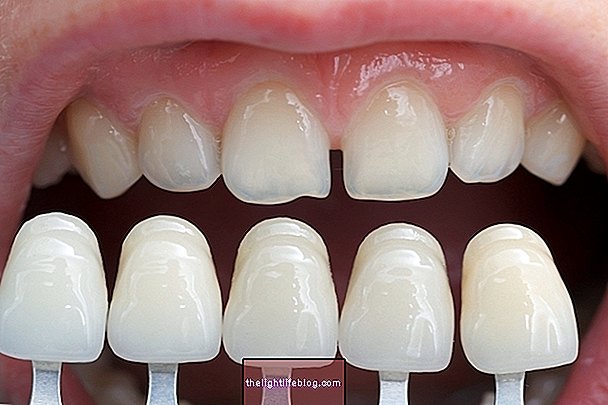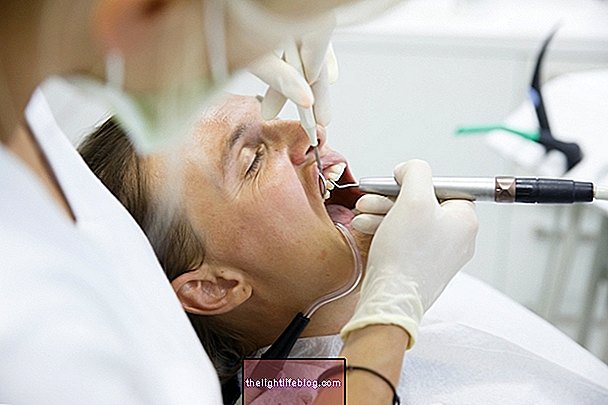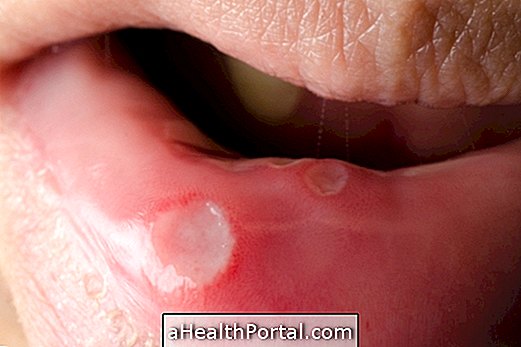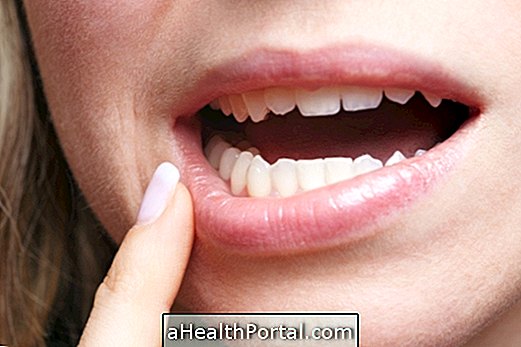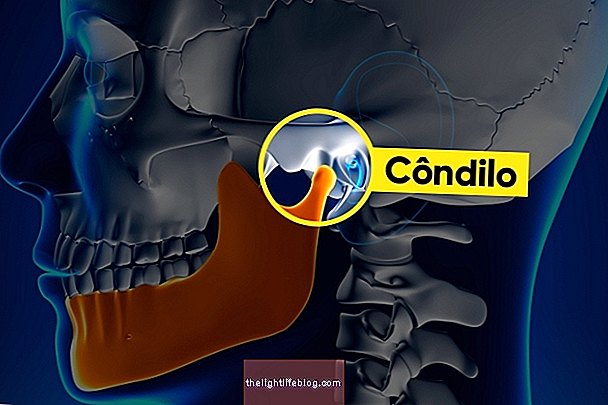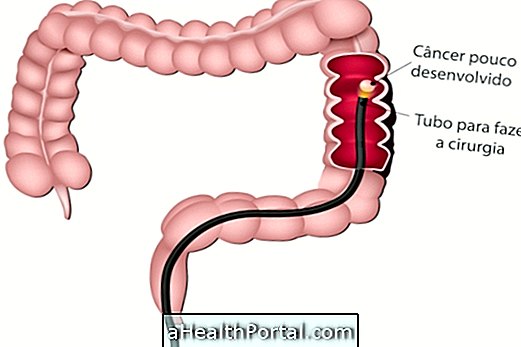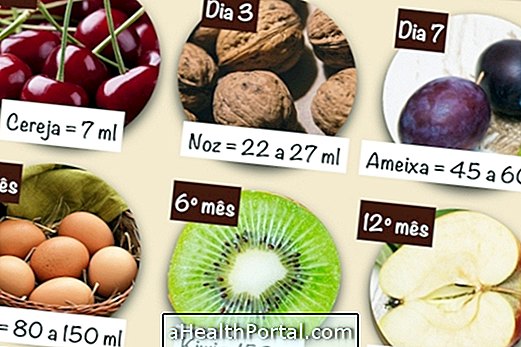Hyperdontia is a rare condition in which extra teeth appear in the mouth, which may occur in childhood, when the first teeth appear, or during adolescence, when the permanent dentition begins to grow.
In normal situations, the number of primary teeth in the child's mouth is up to 20 teeth and in the adult is 32 teeth. Thus, any extra tooth is known as supernumerary and already characterizes a case of hyperdontia, provoking changes in the mouth with jagged teeth. Know more 13 curiosities about the teeth.
Although it is more common that only 1 or 2 more teeth arise, without causing major changes in the person's life, there are cases in which it is possible to observe up to 30 extra teeth and, in these cases, there may be a lot of discomfort and surgery is recommended to remove the supernumerary teeth.
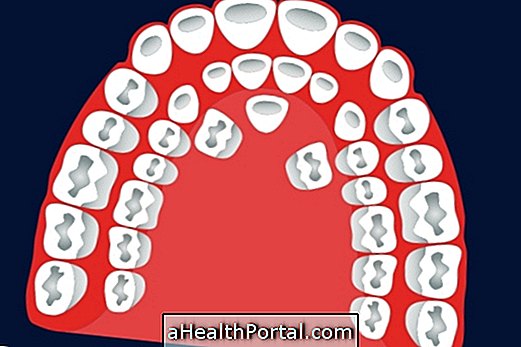
Who is at greater risk of having hyperdontia
Hyperdontia is a rare condition that is more common in men, but can affect anyone, especially when suffering from other conditions or syndromes such as cleidocranial dysplasia, Gardner's syndrome, cleft palate, cleft lip or Ehler-Danlos syndrome.
What Causes Excessive Teeth
There is still no specific cause for hyperdontia, however, it is possible that this condition is caused by a genetic change, which can pass from parent to child, but does not always cause the development of extra teeth.
How is the treatment done?
Excessive teeth should always be evaluated by a dentist to identify if the extra tooth is causing any change in the natural anatomy of the mouth. If this happens, it is usually necessary to remove the extra tooth, especially if it is part of the permanent dentition, through a minor surgery in the office.
In some cases of children with hyperdontia, the extra tooth may not cause any problem and therefore the dentist often chooses to drop it naturally without having surgery.
Possible consequences of excessive tooth
Hyperdontia in most cases does not cause discomfort for the child or adult, but may be causing minor complications related to the anatomy of the mouth, such as increasing the risk of cysts or tumors, for example. In this way, all cases should be evaluated by a dentist.
How To Grow Your Teeth Naturally
The first teeth, known as primary teeth or milk teeth, usually begin to appear around 36 months and then go down until about 12 years. During this period, the teeth are replaced by permanent teeth, which are only complete by the age of 21.
However, there are children whose milk teeth fall sooner or later than expected, and in these cases, it is important that the dentition is evaluated by a dentist. Learn more about milk teeth and when they should fall.
